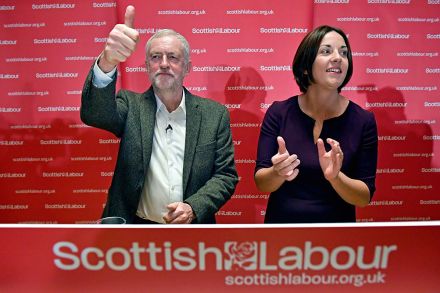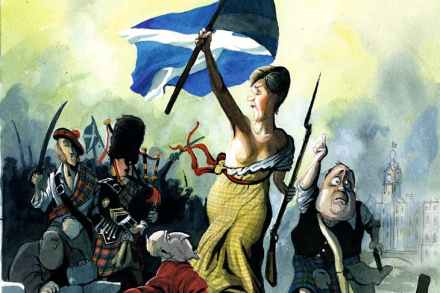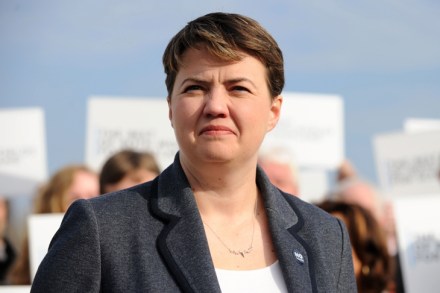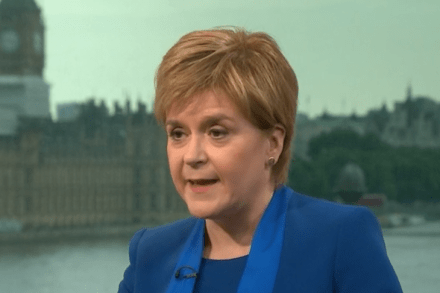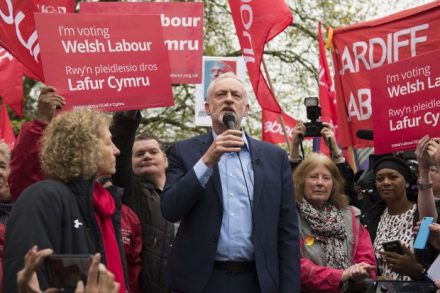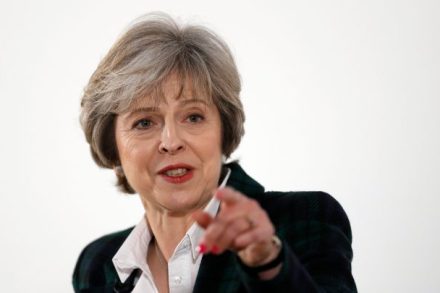Scottish nationalism is having a nervous breakdown
When Nicola Sturgeon’s indyref2 gamble backfired and the SNP got slapped around in the election, it was only a matter of time before the Nats turned on each other. But few expected things to blow up quite so quickly. Anger and anguish, division and recriminations – Scotland’s separatists have spent the past few months afflicting their movement with the rancour they visited on the country for five years. Scottish nationalism is going through a nervous breakdown. Its bloggers are in open warfare. Nicola Sturgeon is under fire from one of her former MPs for throwing her under the bus after a raft of bad headlines. The pro-independence National newspaper has been derided by an MSP as




